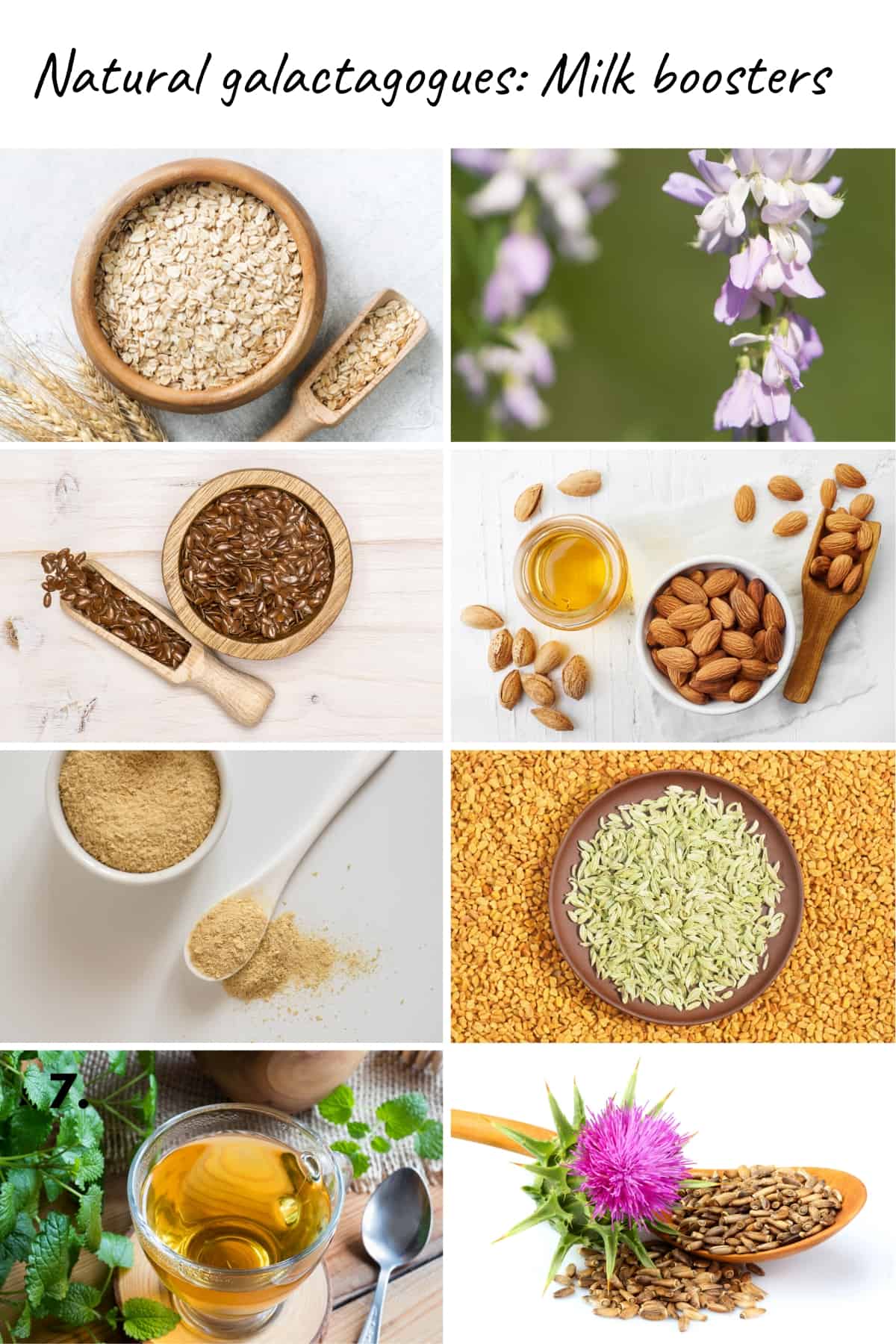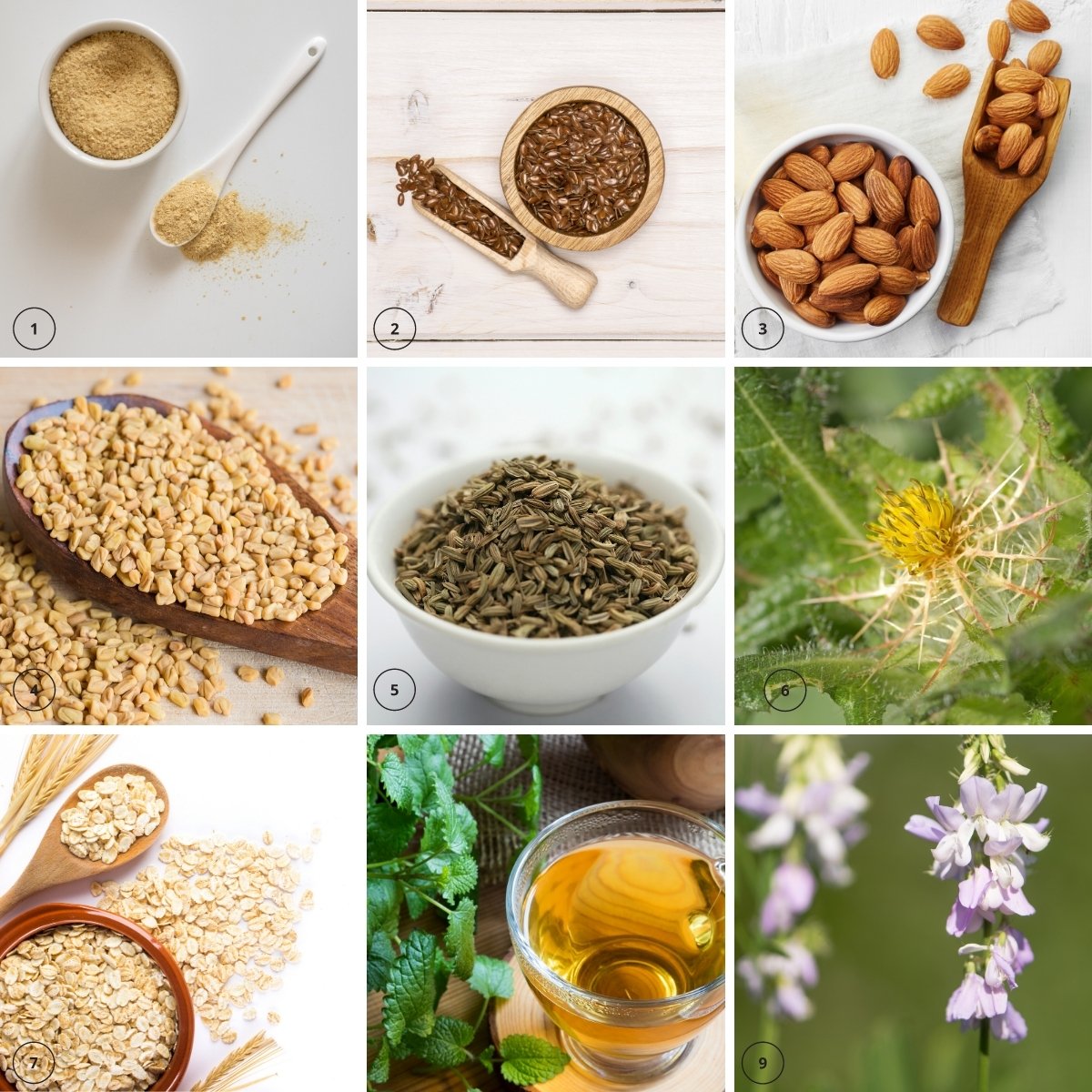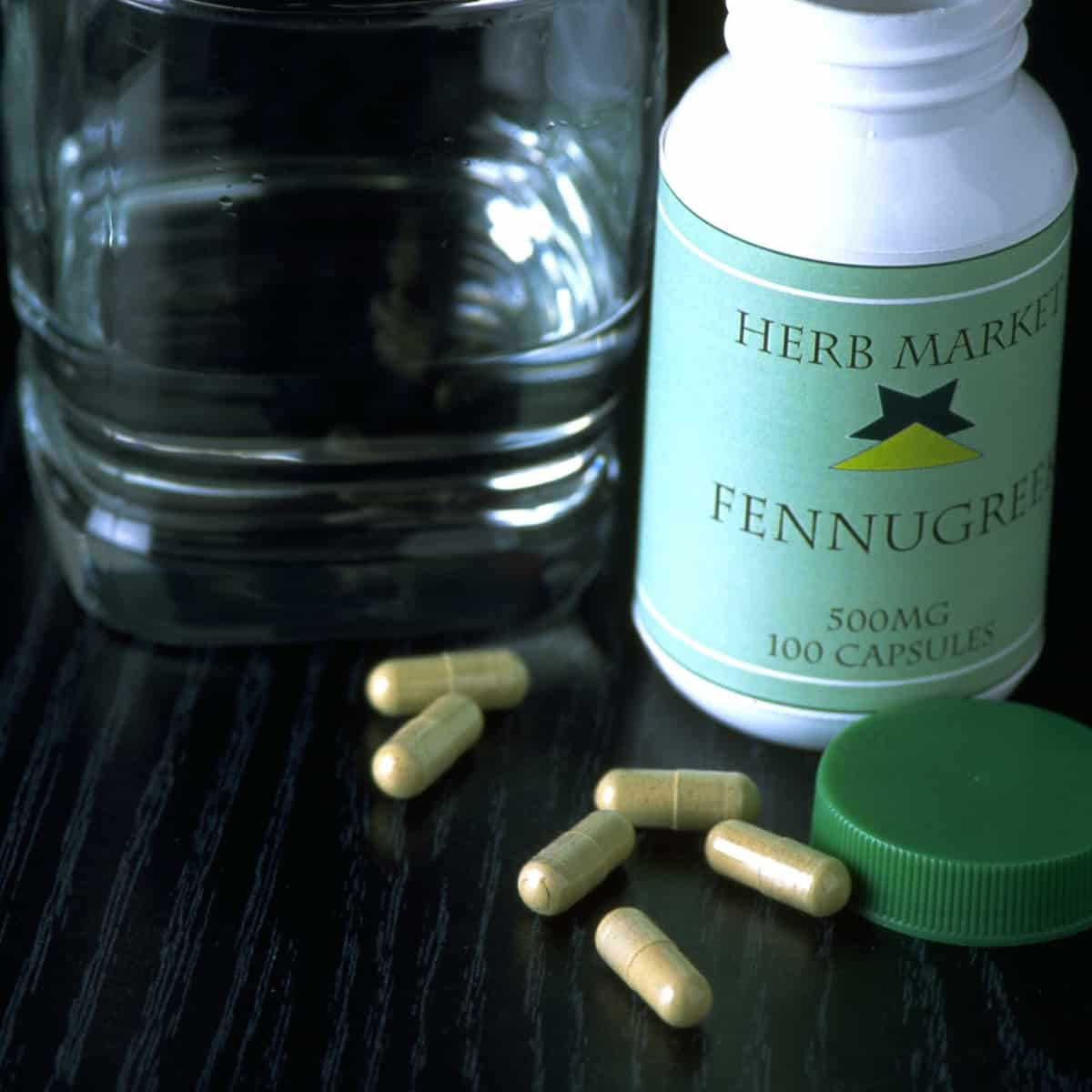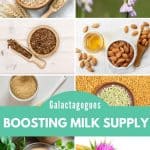Galactagogues: Breast milk producing things
Galactagogues are things that may boost breast milk supply.
There are a lot of articles on the internet on possible galactagogues, many are natural and may even be lurking in your pantry. The big question, however, is do they actually work?

Like I said, a lot of articles highlighting the benefits of natural galactagogues for breastfeeding pop up on a Google or Pinterest search, but I thought it was worth someone actually delving into the scientific evidence so that breastfeeding mamas could make an educated decision on whether they need them or not to increase milk supply.
Scientific evidence for galactagoues to increase breast milk supply
While there are many articles on the internet on possible galactagogues, it seems the scientific evidence behind them is lacking.
This isn’t to say that these specific foods or herbs do not increase breast milk production, but it does mean there aren’t robust clinical trials out there to say that they definitely do.
Historically, breastmilk was the only safe option for feeding a newborn baby. Many cultures found foods or developed traditions which helped support milk production and some of these became the galactagogues we know of today.
Save This Recipe!
There are many common natural galactagogues that you may find in the pantry, in products like breastfeeding teas, or in supplements. Around the world, many different foods/herbs are consumed and used as galactagogues that aren’t popular in New Zealand – or promoted any longer i.e. drinking beer for the hops.
Common natural galactagogues found in New Zealand include (but are not limited to):
- Brewers yeast
- Linseeds/Flaxseeds
- Almonds
- Fenugreek
- Fennel
- Blessed Thistle
- Oats
- Lemon Balm
- Goats rue

Of the limited number of research studies looking at natural galactagogues and their ability to increase the amount of milk a mother produces; the researchers were unable to use the information from multiple articles to give a definite “yes these work”.
This is often due to:
- poor research practice,
- A small number of participants (which is understandable if you’re a new mum),
- Other factors like changing latch/position, which number baby this was for the mother etc
- If participants even had low supply to begin with
A lack of studies on natural/alternative therapies is very common in the scientific world sadly as research takes a lot of funding. Natural therapies often are the last to be robustly researched and instead you may hear people talk about anecdotal evidence – based on personal experience rather than facts or research.
Fenugreek for breast feeding
An extremely popular natural galactagogue in New Zealand is fenugreek (Trigonella foenum-graecum) which is most commonly found in teas and as a supplement on its own.

This herb has been looked at extensively by researchers but sadly whilst some found it helped increase milk production, others did not and many reported side effects for mothers such as digestive upset or maple smell in urine or sweat. There was also a large variation of dosages used and delivery methods (fancy way of saying eaten as a spice in food versus in a tablet versus teas etc.). Some researchers spoke about supplements and consumers (you the mum) not knowing if it was the herb (leaves) or seeds that were used, and which was considered better.
Interestingly, some studies did mention a placebo effect – which has been shown to be just as effective as an actual drug effect. So if fenugreek doesn’t give you or baby any adverse effects, and you feel more relaxed about your supply then there is likely no harm in using fenugreek if you choose. The being relaxed part is probably one of the most important parts of breastfeeding.
Domperidone (Motilium)
Another common pharmaceutical (prescribed medicine) you may see given for low supply is domperidone, often boxed as Motilium.
Drugs which increase milk supply don’t usually start off with this purpose, as is the case with many other medications. Domperidone is usually used to treat stomach emptying issues and nausea. However, they found it worked to stimulate prolactin levels and as a “side effect” it helped increase milk production where low prolactin is the issue i.e. pre-term babies who cannot feed well, poor latch or stimulation when feeding/pumping. Prolactin is one of the hormones responsible for milk production.
Of the research reviews, again there were a limited number. They did report an increase in milk volume but they couldn’t say for certain this was due to the medication alone.
With both the natural and pharmaceutical galactagogues, there were no conclusive findings to say using galactagogues made babies gain more weight.
Boosting Breast Milk Supply FAQs and tips
At this time there doesn’t appear to be robust conclusive scientific research to say using galactagogues boost supply, and help babies gain weight better.
Early breastfeeding, feeding on demand and having baby well latched to drain your breasts properly is likely the most important things for making milk. Don’t forget, hormonal changes like getting your period back, ovulation, and around the 3-4month mark are all normal points where your breasts can feel emptier and make mums question whether their supply has dropped.
This herb has been looked at extensively by researchers but sadly whilst some found it helped increase milk production, others did not and many reported side effects for mothers such as digestive upset or maple smell in urine or sweat.
- What we do know, is that breastfeeding mums need more calories/energy/kilojoules than non-breastfeeding mums. The recommendation is around 500kcal more per day than a non-breastfeeding mum (this is the equivalent of a wholegrain sandwich with protein, cheese and salad).
- Eating well and snacking during the day is probably a good idea. When we have a new baby though this can be tricky. I know some mums miss meals which I am sure can impact breastmilk supply.
- If adding LSA (linseeds, sunflower seeds, and almonds), brewers yeast and oats to cookies helps increase their calorie/energy/kilojoule content, and having something delicious to munch on reminds mum to eat – it may well be the extra energy that’s helping make more milk.
- Likewise, if drinking breastfeeding tea regularly reminds you to drink, this will also likely help milk volume – as breastfeeding mothers need a lot of extra fluid (breastmilk is mostly water).
- We all know the old adage Sleep When The Baby Sleeps, well for breast milk supply particularly in the early days I think we should try to Eat When The Baby Eats. ie make sure when we sit down to feed our baby we also have an easy to eat one-handed snack on hand. A lactation cookie may well be the answer.
This article was researched and written by Alexis Fletcher-Reid
About the author
Professionally, I am a midwife (BHSc. Mid) and Nutritionist (BSc. Hum Nut, Sprt Sci) who has been working with families for the past 12 years, mostly in the ‘first 1000 days’ space (preconception through to 2 years old). I focus a lot on breast and bottle feeding, formula, and introducing solids – topics second only to baby sleep! I’m also a mother to a one year old and in my “spare time” owner of both blossom baby and my new cloth nappy venture www.kekoa.co.nz.

Quick Start Guide To BLW
Baby led weaning doesn’t need to be complicated, grab my quick start guide to begin your little ones food journey.